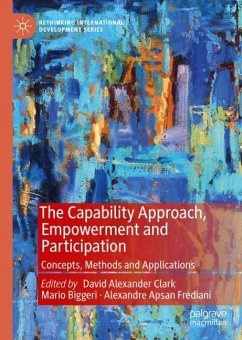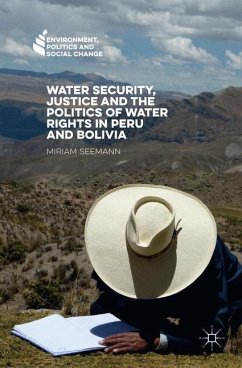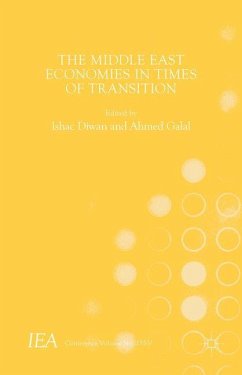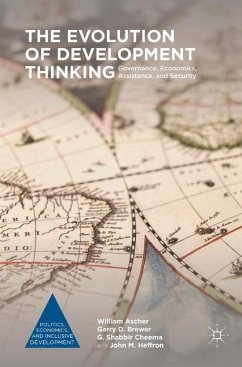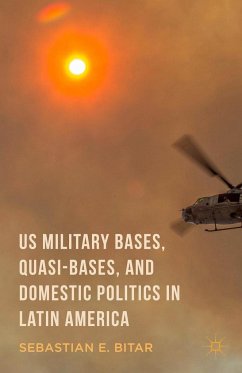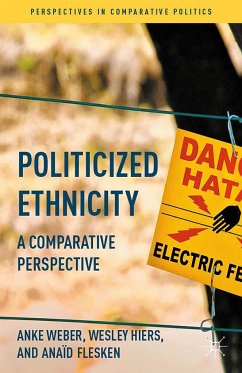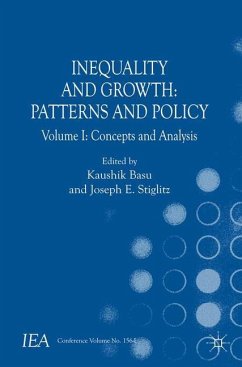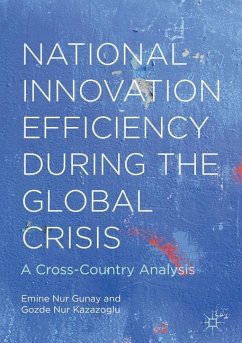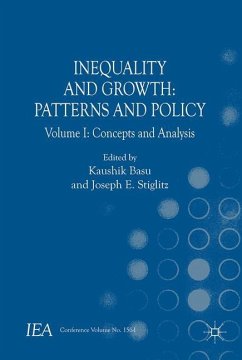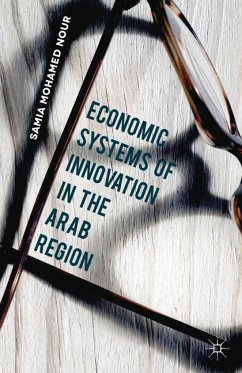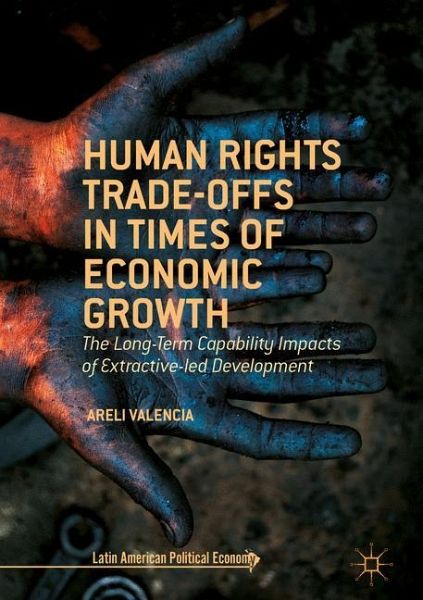
Human Rights Trade-Offs in Times of Economic Growth
The Long-Term Capability Impacts of Extractive-Led Development

PAYBACK Punkte
19 °P sammeln!
This book uncovers a historical dependency on smelting activities that has trapped inhabitants of La Oroya, Peru, in a context of systemic lack of freedom. La Oroya has been named one of the most polluted places on the planet by the US Blacksmith Institute. Residents face the dilemma of whether to defend their health or to preserve job stability at the local smelter, the main source of toxic pollution in town. Valencia unpacks this paradoxical human rights trade-off. This context, shaped by social, historical, political, and economic factors, increases people's vulnerabilities and decreases th...
This book uncovers a historical dependency on smelting activities that has trapped inhabitants of La Oroya, Peru, in a context of systemic lack of freedom. La Oroya has been named one of the most polluted places on the planet by the US Blacksmith Institute. Residents face the dilemma of whether to defend their health or to preserve job stability at the local smelter, the main source of toxic pollution in town. Valencia unpacks this paradoxical human rights trade-off. This context, shaped by social, historical, political, and economic factors, increases people's vulnerabilities and decreases their ability to choose, resulting in residents' trading off their right to health in order to work. This book shows the deep connection of this local dilemma to the country's national paradox, arising out of Peru's vision of natural resource extraction as the main path to secure economic growth for the entire country at the expense of some groups.



